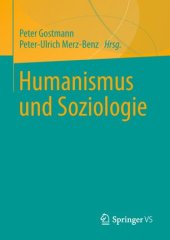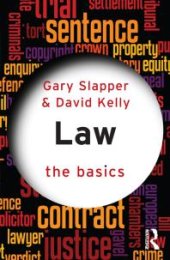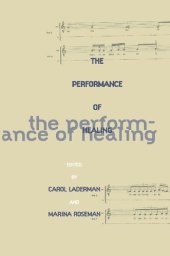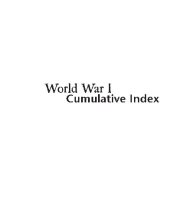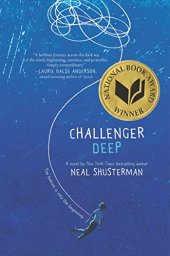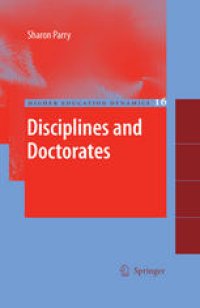
Ebook: Disciplines and Doctorates
Author: Sharon Parry (auth.)
- Tags: Higher Education, Science Education, Educational Philosophy
- Series: Higher Education Dynamics 16
- Year: 2007
- Publisher: Springer Netherlands
- Edition: 1
- Language: English
- pdf
Advice about how to achieve a PhD usually falls short of relevance because the ways of creating and reporting knowledge differ dramatically from one disciplinary field and specialisation to another. Yet supervisors and doctoral candidates alike know that there are certain protocols or parameters, often inexplicit in nature, that govern its achievement and that need to be mastered. This book sets out to explore the nature of these protocols and parameters, linking them to the cognate characteristics of fields of knowledge and to social conventions constraining how new knowledge is reported.
‘Disciplines and Doctorates’ provides a detailed analysis of the experience of learning to make new knowledge at the level of the research doctorate. It does so from the perspectives of both supervisors and candidates across a range of disciplines in different university settings. It draws principally upon a very large-scale, empirical investigation at a number of Australian universities. It also provides a comparative account of doctoral study in different national systems.
The attainment of a research doctorate represents a pinnacle of academic achievement. Around the world, the PhD attests to the holder’s ability to produce original, significant and important knowledge in a specialised field.
Generic advice on how to earn a PhD usually falls short of relevance, because of differences in the degree path from one discipline to another. Yet doctoral candidates and their supervisors know that the process is governed by protocols and parameters - often implicit - that must be understood and mastered. This book explores these protocols and parameters, linking them to the cognate characteristics of fields of knowledge and to social conventions directing how new knowledge is reported.
Disciplines and Doctorates draws on the experience of more than a hundred supervisors and as many doctoral candidates who detail what they learn, how they learn it, and what kinds of intellectual and social issues they face in their individual research settings. The book draws on a large-scale empirical investigation at a number of Australian universities, and also provides a comparative account of doctoral study in different nation




